Nowhere to Grow
We’ve long taught social entrepreneurs that other Big NGOs were a possible doer at scale for their solutions. But we'd never seen it happen.



Nowhere to Grow
We’ve long taught social entrepreneurs that other Big NGOs were a possible doer at scale for their solutions. But we'd never seen it happen. Kevin and Sarah did a little survey to see if we'd missed any solutions from the social entrepreneur world that had been effectively scaled via the BINGOs. The across the board answer - none, zero, zilch.
Mulago (6 minutes)
Moving Closer to the Problem and Closer to the Solution
PIVOT is building a new model for district-level health care from the ground up in Madagascar. This heartfelt piece shares the experience of shifting their organizational center of gravity from the United States to Madagascar, and the agonizing decision to let go of the majority of its US-based team. It's a useful guide to other organizations facing (or that should be facing) the same choices.
Stanford Social Innovation Review (13 minutes)
Our 2020 Rainer Arnhold Fellows
For the Rainer Arnhold Fellowship, we find irrepressible leaders tackling problems facing the poorest people. They’re all about turning a big idea into a scalable solution delivered through a world-class organization.
We’re delighted to announce our 2020 Rainer Fellows. They're doing remarkable work and are poised to make lasting change at big scale. Check them out here!
How NGOs Can Work With Governments to Build Partnerships That Will Scale
If BINGO's aren't really an option for replication at scale, it makes government even more crucial. Sesson and Jenny from Integrate Health give four lessons from their work in Togo on scaling health care innovation through the public sector that's useful for anybody trying to scale via government:
- Partner with government from the earliest stages.
- Implement within existing government delivery and data systems.
- Build relationships with government partners at all levels.
- Progressively transfer real ownership to government partners.
Stanford Social Innovation Review (8 minutes)
How We Talk About Public Health and Why It Matters
This piece has plenty of fodder for our banned words wall, once we get back in the office.
Path (3 minutes)
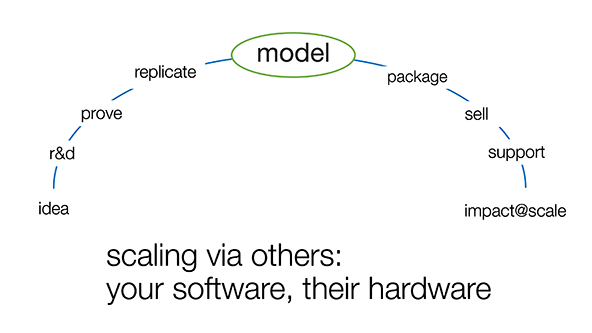
Your Software, Their Hardware
We use this approach all the time when talking with leaders who are grappling with issues of scale and replication. An awesome model doesn't get to serious scale unless others replicate it. Thinking through the second half of this arc can stack the deck for high quality replication.
Mulago (8 minutes)
The David Evans Corner
- We love David Evans, but we hate the way his output of high-quality stuff makes us feel lazy and unproductive. First up a comparison of 150 education interventions using one concrete metric that's not Standard Deviations. It's much easier for dummies like us to understand. Center for Global Development (5 minutes)
- He also did a whistle-stop tours of the latest research in development economics (this time 225 papers!). Lots of gold on a wide range of topics agriculture and credit to tax and transport. Center for Global Development (hours and hours)
Making Remote Schooling a Family Affair
One of David Evan's co-authors on the education interventions paper is Noam Angrist - the remarkable founder of Young1ove. Here he tells the story of how they scrambled to collect phone numbers from students when schools closed in Tanzania. And how they've experimented on remote learning.
New York Times (3 minutes)
Tool: Stellar Digital Convenings
We’ve now done 4 rounds of our fellowships over Zoom. If you’re holding the reins on a virtual program, here are some tips & tricks we learned (the hard way) to make the most of time spent together virtually.
Mulago (4mins)
Cash Benchmarking: A Solution in Search of a Problem
Cash studies soak the literature these days. A couple of well-done studies on cash benchmarking prompted Kevin to do his homework. Turns out that yes, it’s nicer to get cash than a program that didn’t work, but you don’t need a benchmark for a failed program: it failed.
Mulago (8 minutes)
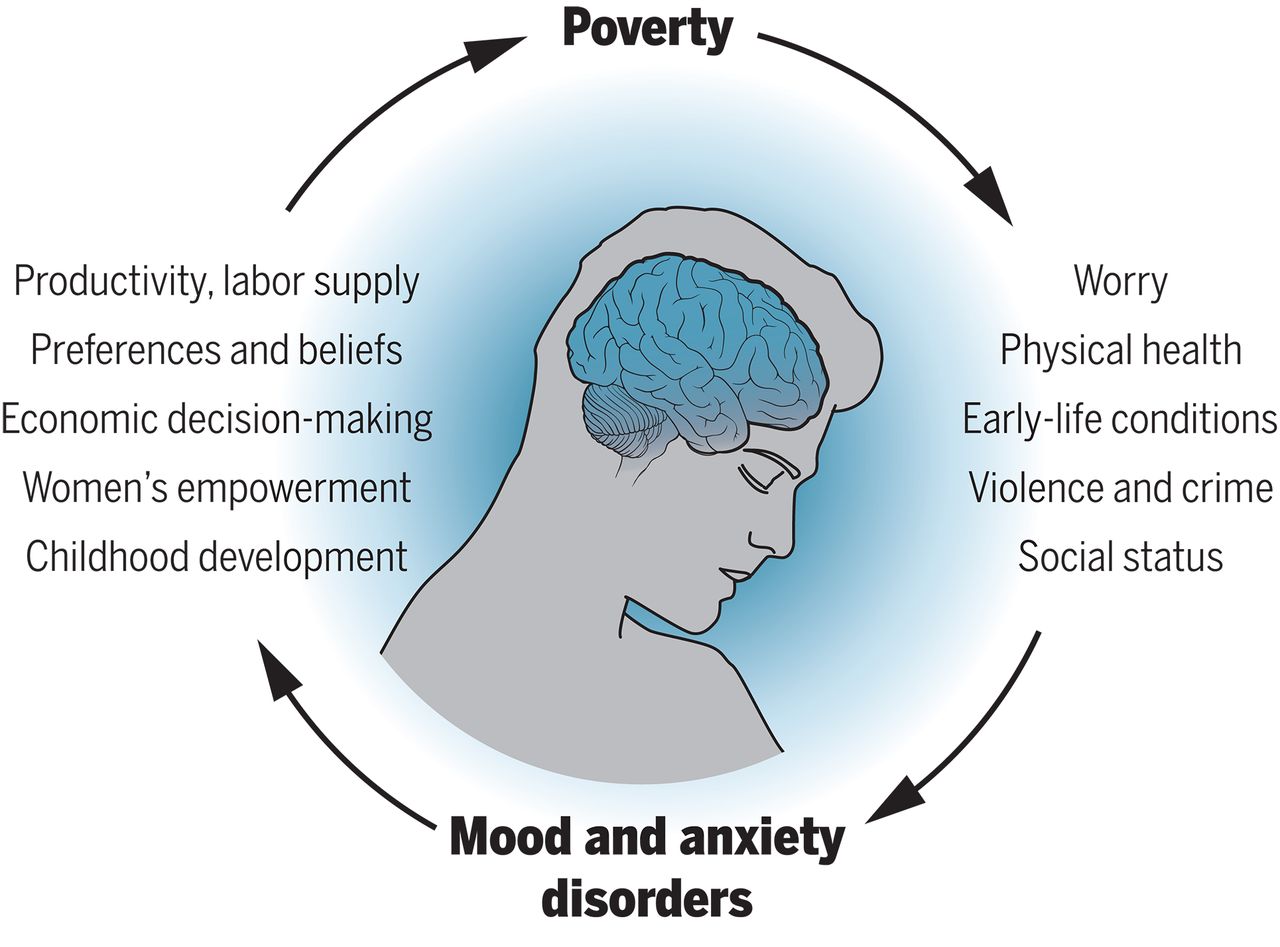
Poverty, Depression, and Anxiety
Mental ill-health and poverty tend to be traveling partners. There's a comprehensive review of the experiments around the cyclical relationship just out in Science.
Science (40mins)
This podcast with Robert Sapolsky - a Stanford neuroscientist and primatologist - highlights that if you want to understand poverty you have to think about stress, and vice versa.
The Ezra Klein Show (1hr 20mins)
And here's possibly the best intro to a lecture ever by Sapolsky, and why everybody should think about behavior science.
Youtube (the first 5 mins)
And Finally....
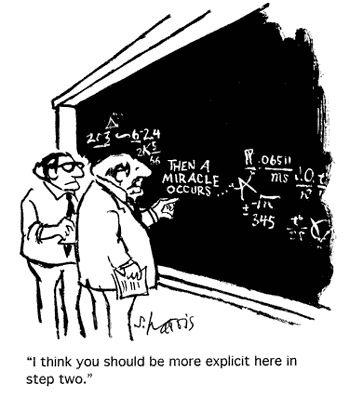
Impact in your inbox
The best stuff we run into, straight to your inbox. Zero spam, promise. To see past issues, click here.

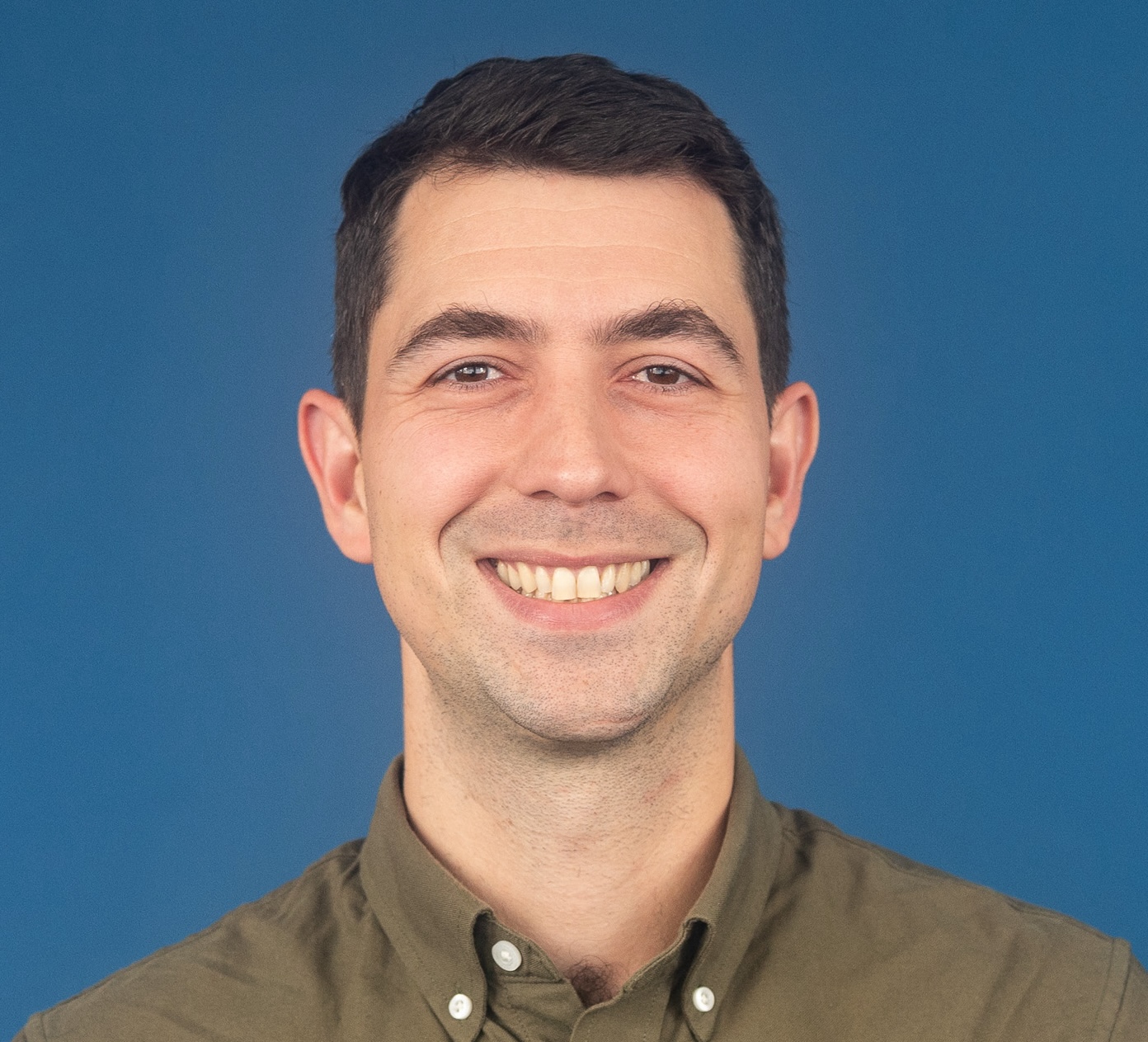

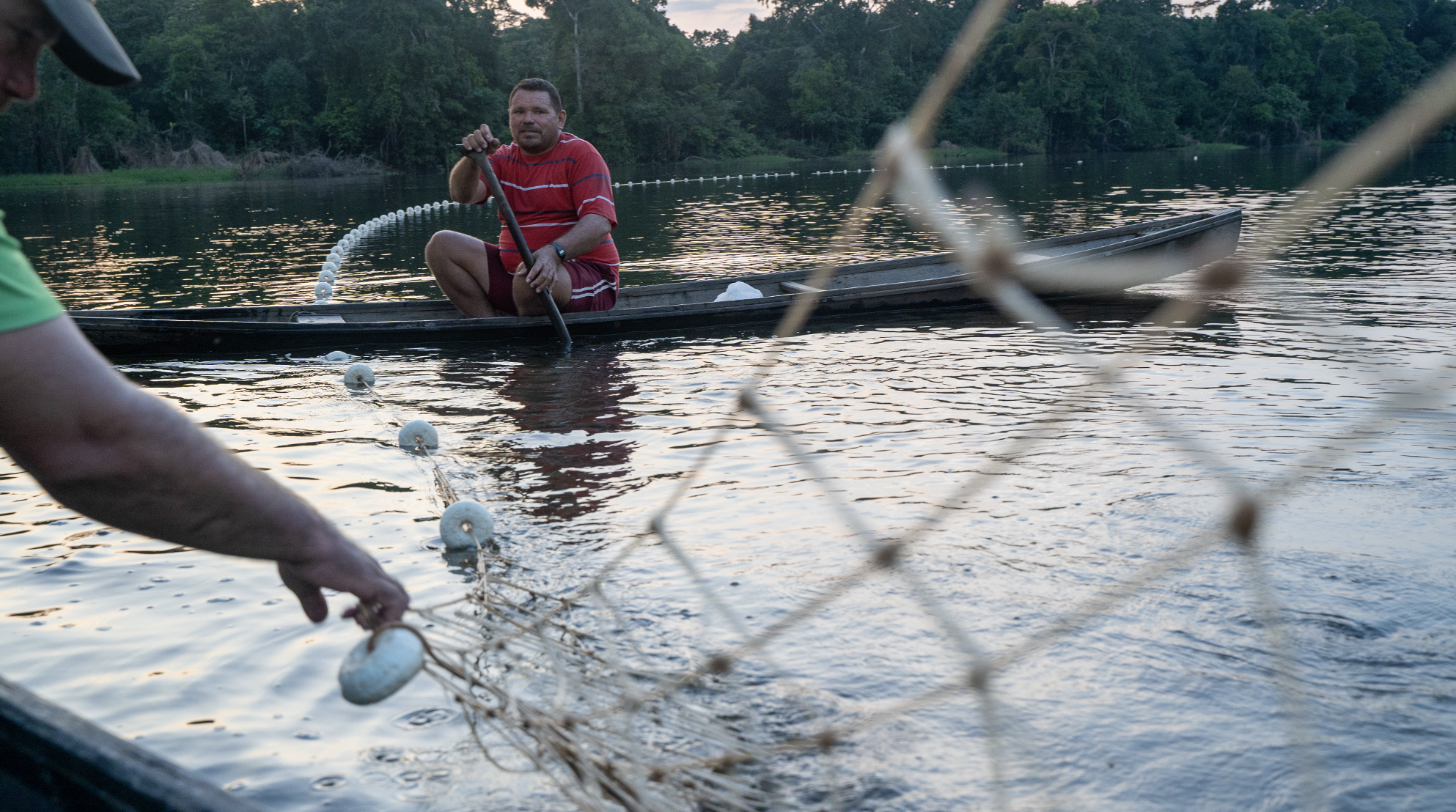
.png)